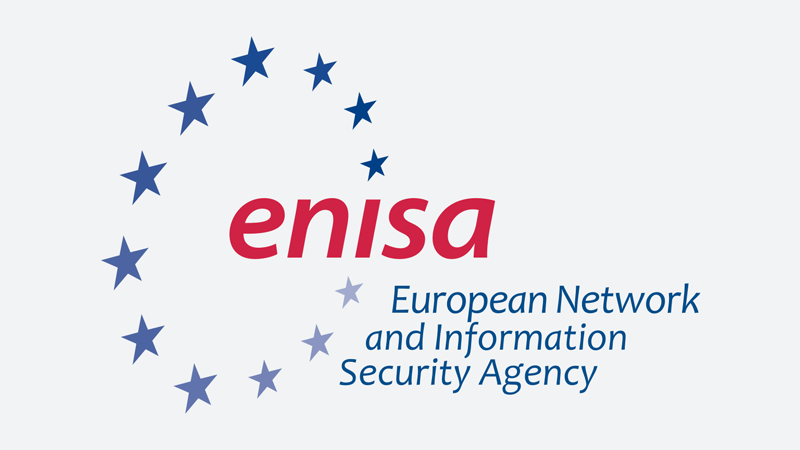EU Agency ENISA Reveals Ransomware Attack Behind Airport Disruptions
The European Union's cybersecurity agency, ENISA, has confirmed that a cyberattack, specifically ransomware, was the cause of disruptions to airport operations in several major European airports. The attack, which began on Friday night, resulted in widespread delays and cancellations, forcing personnel to switch to manual check-in procedures.
Collins Aerospace, a leading American company specializing in aviation and defense technologies, was severely affected by the cyberattack. The company's Muse software, which provides electronic customer check-in and baggage drop services, was compromised, leaving thousands of passengers stranded or waiting for hours at airports such as Heathrow, Brussels, and Berlin.
RTX, Collins Aerospace's parent company, issued a statement confirming the attack and assuring customers that they were working to resolve the issue and restore full functionality to their customers as quickly as possible. "We have become aware of a cyber-related disruption to our Muse software in select airports. We are actively working to resolve the issue and restore full functionality to our customers as quickly as possible," said RTX.
ENISA has also confirmed that law enforcement is investigating the incident, stating that the type of ransomware used has been identified. The agency's statement reads: "The type of ransomware has been identified. Law enforcement is involved to investigate."
The impact of the attack was particularly significant for travelers at Berlin Airport, where operations were disrupted on Monday, affecting participants in the Berlin Marathon and other air passengers.
The Companies Affected by the Attack
Collins Aerospace is a major player in the aviation industry, providing advanced systems for commercial, business, and military aircraft. The company's portfolio includes avionics, interiors, mission systems, and power controls, as well as integrated solutions for airports, space exploration, and operational efficiency.
The attack on Collins' Muse software highlights the vulnerability of critical infrastructure to cyber threats. As a leading provider of aviation technology, Collins Aerospace plays a vital role in ensuring the safety and efficiency of air travel.
Consequences of the Attack
The consequences of the ransomware attack were far-reaching, with thousands of passengers affected by flight delays and cancellations. The disruption to airport operations forced personnel to switch to manual check-in procedures, leading to long queues and widespread delays.
The incident serves as a reminder of the importance of cybersecurity in protecting critical infrastructure and ensuring public safety. As the aviation industry continues to evolve, it is essential that companies like Collins Aerospace prioritize cybersecurity measures to prevent similar attacks in the future.
What's Next?
Law enforcement agencies are investigating the incident, and ENISA has confirmed that they are working to identify the type of ransomware used. The European Union's agency will continue to provide updates on the situation as more information becomes available.
In the meantime, passengers can expect continued disruptions to airport operations, with manual check-in procedures in place until the issue is resolved. It remains to be seen how long it will take for Collins Aerospace to restore full functionality to their Muse software and prevent similar attacks in the future.
